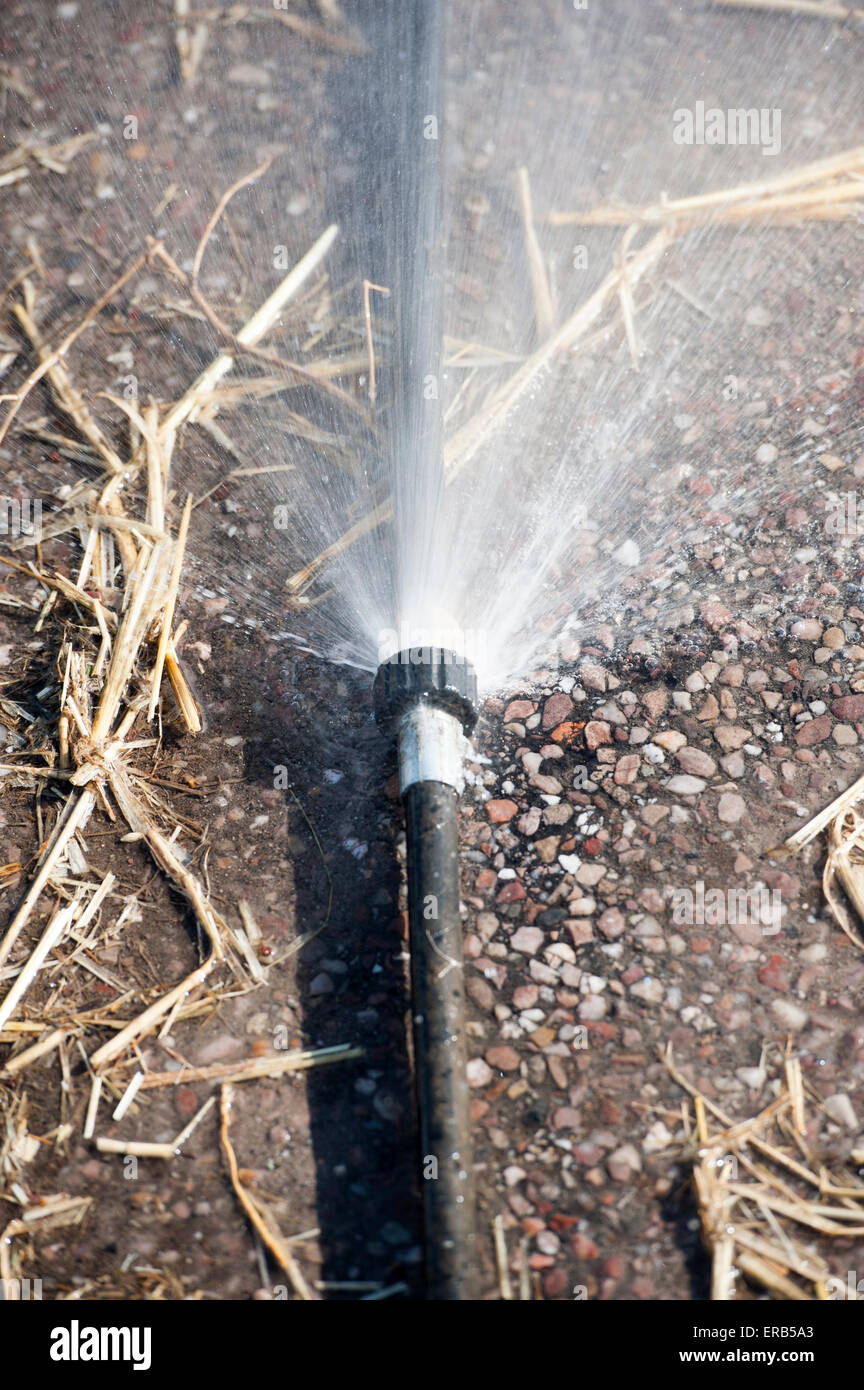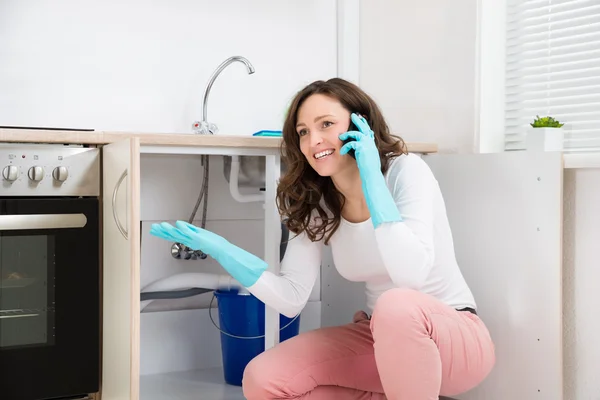5 Common Sources of Water Leaks
5 Common Sources of Water Leaks
Blog Article
What're your beliefs about Reasons for Water Heater Leaks?

"Be careful of little expenses. A little leakage will sink a great ship." - Benjamin Franklin.
He couldn't have been more best due to the fact that water leakages in our homes cause a waste of resources, boosting our water bills. Although this rise could seem minimal at first, it can result in substantial expenditures that can damage your bank. Apart from a rise in bills, water leaks also trigger undesirable organic growth, architectural damages, and even electrical threats.
If you have a water leakage isn't constantly very easy due to being not able to see most of the pipework in your residence, figuring out. Nonetheless, If you have had a rise in your water bills recently, noticed water discolorations on wall surfaces and ceilings, scented lousy odor, etc. You might want to think about requesting plumbing solutions to get it had a look at.
There are a number of reasons for water leaks, as well as we have put together the usual factors listed below. Check to see if you have actually had related issues in your home lately.
Obstructed drains
Food bits, dirt, and grease can cause clogged drains pipes and obstruct the flow of water in and out of your sink. Boosted pressure within the seamless gutters can trigger an overflow and finish up breaking or bursting pipes if undealt with. To avoid stopped up drains in your home, we encourage you to avoid putting particles down the tubes and also normal cleaning of sinks.
High water pressure
You discovered your home water pressure is more than normal but then, why should you care? It runs out your control.
It would certainly be best if you cared due to the fact that your ordinary water stress need to be 60 Psi (per square inch) and also although your house's plumbing system is developed to endure 80 Psi. A boost in water pressure can place a stress on your residence pipelines and result in splits, or worse, burst pipelines. Get in touch with a specialist concerning managing it if you ever before notice that your home water pressure is greater than common.
Rust
As your pipework ages, it gets weaker as well as a lot more vulnerable to corrosion after the frequent flow of water via them, which can gnaw at pipes and also create fractures. A visible sign of deterioration in your house plumbing system is discoloration and although this may be hard to detect as a result of many pipes hidden away. Once they are old to ensure a sound plumbing system, we suggest doing a regular examination every couple of years and alter pipelines
Weakened pipe joints
Pipe joints are the parts of our plumbing system where the pipelines attach. They are the weakest point of our plumbing system. Because of this, they are extra susceptible to degeneration. It is vital to note that despite the fact that pipelines are developed to hold up against pressure as well as last for some time, they weren't made to last for life; as a result, they would certainly wear away with time. This damage might result in cracks in plumbing systems. A common sign of damaged pipe joints is excessive sound from faucets.
Damaged seals
Another root cause of water leakages in homes is damaged seals of residence appliances that use water, e.g., a dish washer. When such devices are mounted, seals are set up around water adapters for easy passage of water with the equipment. A busted seal can cause leakage of water when in usage.
With little or no knowledge of plumbing, recognizing your residence's plumbing system adequate to fix some of these issues (without consequence) can be a trouble. Contact plumbing professionals in Pittsburgh, Providence, Rochester, and environ today, as well as they'll make those problems disappear.
He could not have actually been extra ideal since water leaks in our residences result in a waste of sources, increasing our water costs. If you have had a rise in your water expenses lately, noticed water discolorations on ceilings as well as wall surfaces, smelt poor odor, etc. A rise in water pressure can place a strain on your house pipes as well as lead to splits, or worse, burst pipelines. Another cause of water leaks in residences is broken seals of residence devices that use water, e.g., a dishwashing machine. When such devices are installed, seals are installed around water connectors for simple flow of water via the machine.
5 TIPS IN DETECTING A WATER LEAK IN YOUR HOUSE
Water leaks can be hard to find in your home, yet they can be so common. We rely on water every day in our home, which is why a leak can cause big problems. By detecting them early, you can save money and further damage, getting the problem fixed as soon as possible. Here are 5 tips to help you detect a water leak in your home, so you can contact a plumber straight away and get the issue sorted.
Check your water meter
Many people underestimate the value of the water meter in their home. It can be one of the best ways to tell if you have a leak early on, so you can get on top of it before issues start arising. Start by turning off all the water in your home: taps, washing machine, dishwasher, etc. Now take a look at the meter – if it’s still changing with everything turned off, it’s likely you have a fast-flowing leak that you need to get on top of straight away. If nothing changes, then leave your meter for an hour or two and come back to it. Did it change in this time? It’s likely you have a slower leak, which isn’t as urgent but still handy to get fixed so it doesn’t become a bigger problem.
Keep an eye on your bill
Another good way to detect a leak in your home is by keeping an eye on your water bill. It helps if you have a past bill from the same period of time. You can compare like for like and determine whether your water usage has increased significantly. If it has, there may be a leak in your system that you haven’t picked up before. A professional plumber can check through all of your pipes and determine where it is coming from.
Look for damage
If you have a leak inside your home, you will notice damage over time. Take a look at your showers and bathtubs and note whether any of the tiles surrounding the area seem to be discoloured or damaged in any way. There may be water stains, mould or peeling material that has resulted from a build up of moisture over time. Make sure you take a look under sinks at the back of cupboards that don’t get accessed regularly. This is where damage can go unnoticed and build up over periods of time.

Hopefully you enjoyed reading our part about Where to Find Water Leaks. Thanks a ton for finding the time to read. Sharing is caring. Helping others is fun. Many thanks for your time. Please visit our site back soon.
Fix today, not tomorrow! Report this page